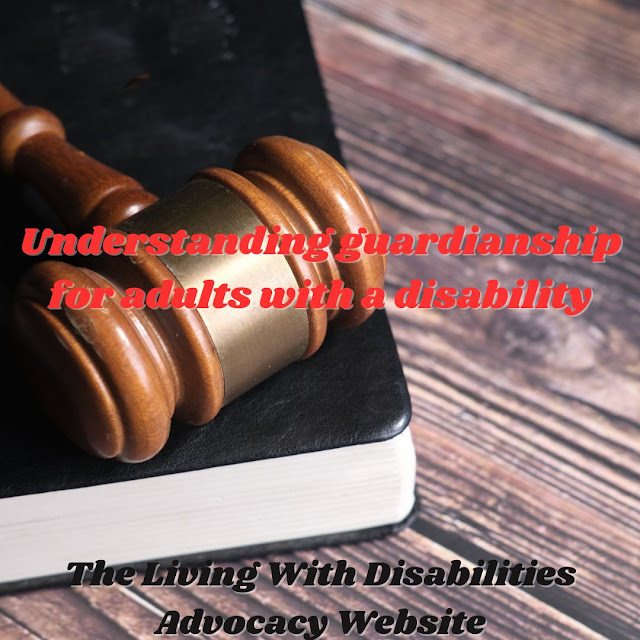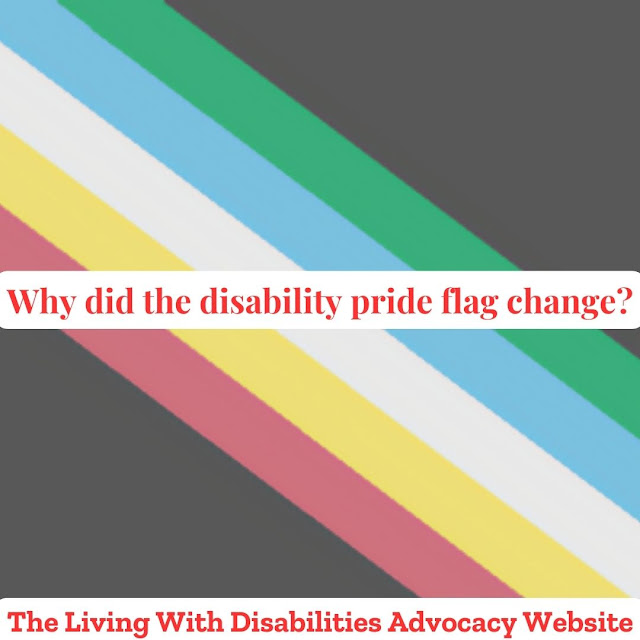Depression
May is Mental Health Awareness Month, and with only a few weeks remaining in the month, let's talk about Depression, a mental illness that affects millions of people.
Statistics show that approximately 17.3 million American adults, or 7.1% of the United States population aged 18 and older, are affected by depression in a given year. As stated by Depression and Bipolar Support Alliance
Depression does not stand alone, Often coexists with other illnesses and medical conditions. Here is the list of illnesses and medical conditions.
- About 15 percent to 25 percent of cancer patients suffer from depression. Men and women with cancer are thought to be equally affected by depression, and gender-related differences in prevalence and severity have not been fully investigated.
- Depression is frequent after a stroke, affecting roughly one-third of stroke survivors at any given time (compared to 5%–13% of persons without a stroke), with a cumulative incidence of 55 percent.
- Depression affects 20 to 30 percent of heart attack survivors.
- People with coronary artery disease are 17 to 44 percent more likely to suffer from major depression. Another study discovered that 27% of patients who had coronary artery bypass graft surgery (CABG) had depression after the procedure.
- Due to the stigmatizing character of the disease, the lifetime prevalence of depression in HIV-positive individuals is three times greater, ranging from 22 to 45 percent, compared to 3 to 17 percent in HIV-negative individuals.
- Only approximately 20% of Parkinson's disease (PD) patients receive therapy for depression, which affects roughly 30%–40% of all patients. As a result, many PD patients' health-related quality of life deteriorates.
- Diabetes patients are 2 to 3 times more likely than non-diabetics to suffer from depression. Only 25% to 50% of persons with diabetes who suffer from depression are diagnosed and treated. However, the treatment—whether therapy, medicine, or a combination of both—is usually quite effective. Without treatment, depression frequently worsens rather than improves.
- About 33.9 percent of hypothyroid patients were depressed, with mild depression (10.7 percent), moderately severe depression (19.6%), and severe depression (19.6%) being the most common (3.6 percent ).
- Anxiety (which has increased by 14 percent) (17 percent increased incidence). The observed dose-response relationship supports a causal explanation for the link between atopic eczema severity and depression.
- According to estimates, 30 to 35 percent of epileptic patients suffer from depression.
Living With Disabilities only listed ten illnesses and medical conditions. Shall we move on to medication and side effects? Before we do LWD will say Children are also affected by depression too.
How many patients take medication? If you have raised your hand, did you read the pamphlet your pharmacist handed you with your prescription? Did you know some medication has depression listed as a side effect?
Reading the medication and the side effect of each medication is Crucial. When it comes to reading what goes into your mouth should always come easy. But, it's not easy for some patients due to not understanding. Living with Disabilities is here to say; that you are not alone and the pharmacist is there for any questions or concerns you may have.
What medications can contribute to depression?
- Thyroid medications.
- Beta-blockers.
- Antibiotics.
- Pain Relievers.
- Hormonal medications.
- Parkinson medications.
- Anticonvulsant medications.
- Stimulant medications.
- Cholesterol medications.
- Asthma medications.
The most common symptoms of depression are; feeling of sadness and low mood. Other than depressed mood there are other symptomatic signs that you might experience, like the following:
- Feelings of hopelessness or helplessness
- Anxiety
- Irritability and restlessness
- Fatigue and low energy
- Problems with sleep
- Problems with appetite or weight
- Problems with thinking, memory, and concentration
- Loss of interest in things once enjoyed
- Thoughts of death or suicide
If you are feeling depressed, you can reach out to this hotline number: National Suicide Prevention Lifeline (NSPL)
800-273-TALK (8225)
For TTY Users: Use your preferred relay service or dial 711 then 1-800-273-8255.
https://anchor.fm/livingwithdisabilites/episodes/Depression-e1itmrb
.jpg)



Comments
Post a Comment